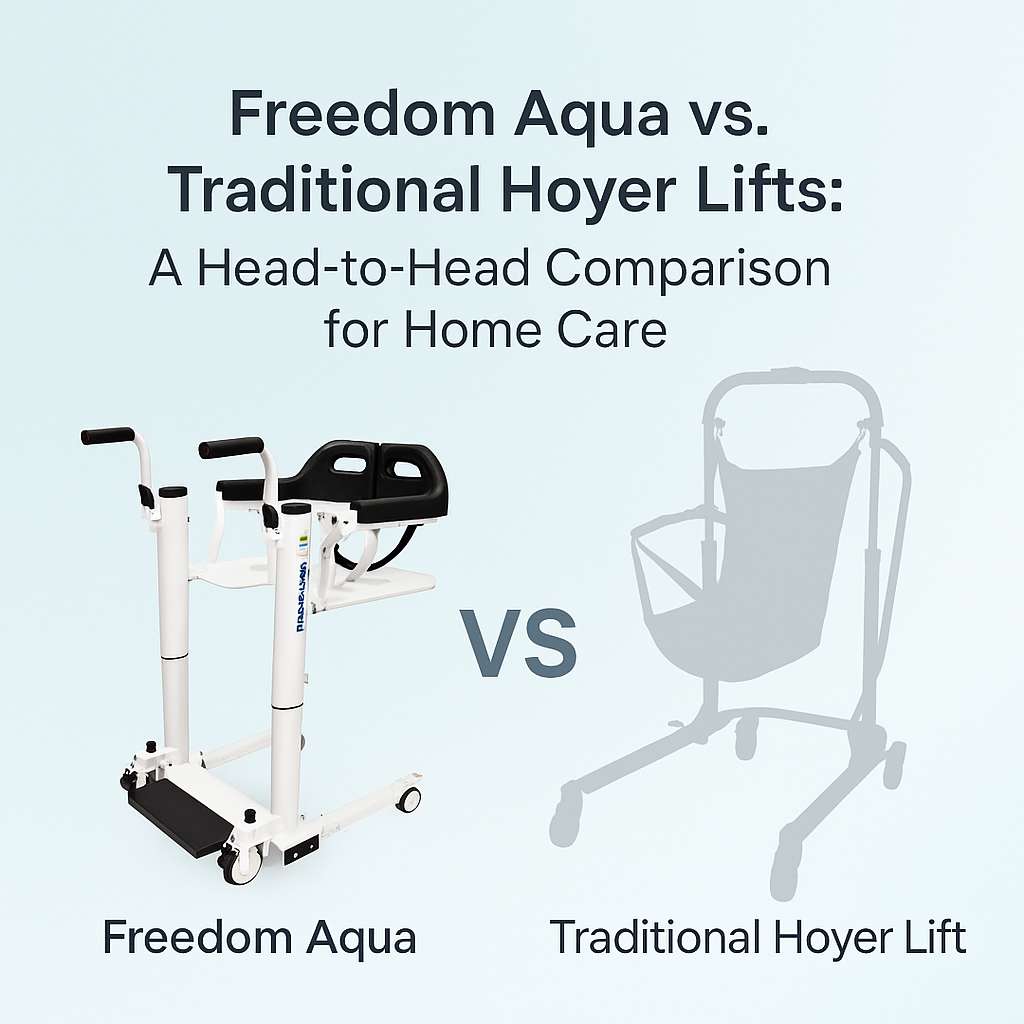Histoire des gants en latex
Le latex est un produit à base de caoutchouc naturel dérivé de la sève de l'arbre mature Hevea brasiliensis, originaire d'Amérique du Sud mais également cultivé dans des pays d'Asie du Sud-Est comme l'Indonésie, la Thaïlande et le Vietnam. Il a remplacé l'hévéa indien au début du XXe siècle comme principale source de caoutchouc naturel.
Une fois la sève recueillie, elle doit être traitée chimiquement par un procédé appelé vulcanisation, breveté aux États-Unis par Charles Goodyear en 1844. La vulcanisation du caoutchouc naturel transforme les polymères en un matériau plus durable et plus extensible. En raison de son ajustement et de sa sensation supérieurs, le latex a traditionnellement été le plus souvent utilisé dans les applications médicales, bien que le nitrile et le vinyle gagnent en popularité comme gants d'examen généraux en raison des problèmes d'allergie et du coût inférieur du vinyle. Les gants en latex sont disponibles avec ou sans poudre, bien que les gants en latex poudrés aient été interdits à des fins médicales aux États-Unis par la Food and Drug Administration en janvier 2017.
Les gants en latex de qualité industrielle sont très appréciés dans les domaines de l'automobile, de l'entretien et d'autres applications telles que les ateliers de peinture et les opérations d'impression. Ils sont également utilisés dans la transformation et la restauration des aliments. De qualité professionnelle, les gants conviennent à l'ensemble du spectre des soins de santé, pour les applications médicales, dentaires et de laboratoire et les procédures non chirurgicales, ainsi que pour les utilisations EMS, selon la juridiction. Les allergies au latex sont présentes chez moins de 1 % de la population américaine (environ 3 millions de personnes). Ce chiffre passe à 8 % à 17 % des professionnels de la santé, car l'utilisation régulière de produits contenant du latex peut déclencher une sensibilité. Certains peuvent développer une réaction allergique appelée dermatite de contact même si aucune allergie n'existait auparavant.
Le lavage des gants dans une solution chlorée peut réduire les protéines du latex, mais pas les éliminer complètement. La chloration ramollit également les gants, mais réduit leur durée de conservation. Les gants en latex ont une meilleure résistance à la perforation que le vinyle, mais pas aussi bonne que le nitrile. Les prix sont sujets à des fluctuations en raison de facteurs qui affectent les ressources naturelles, notamment les conditions météorologiques et l'instabilité économique.
MedSupply propose une variété de gants en nitrile pour diverses industries.
Contactez-nous pour en savoir plus.








Laissez un commentaire